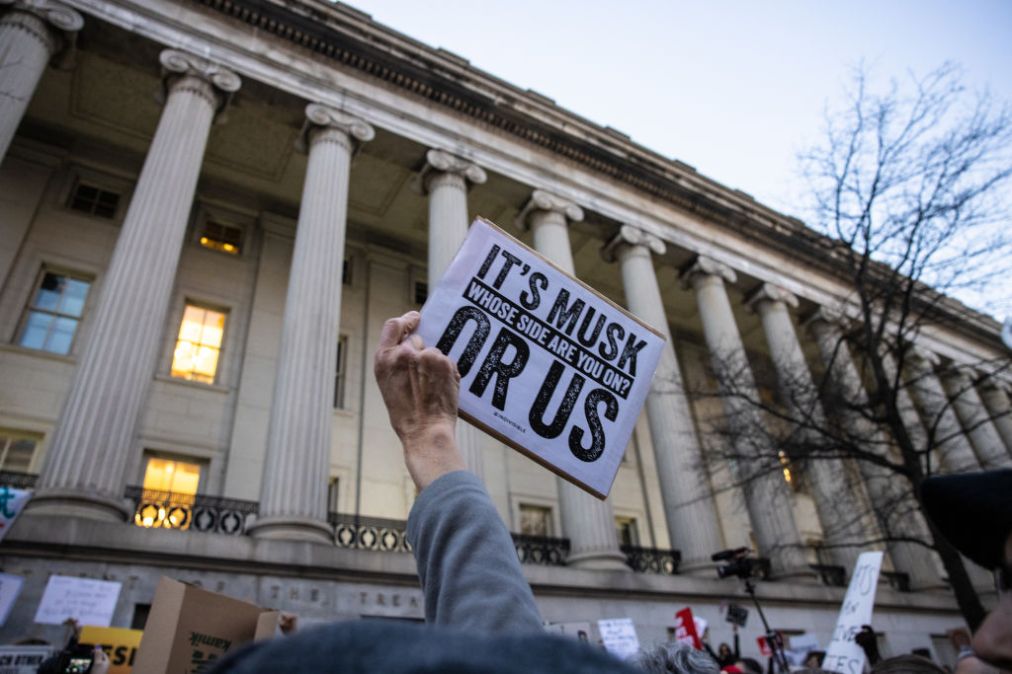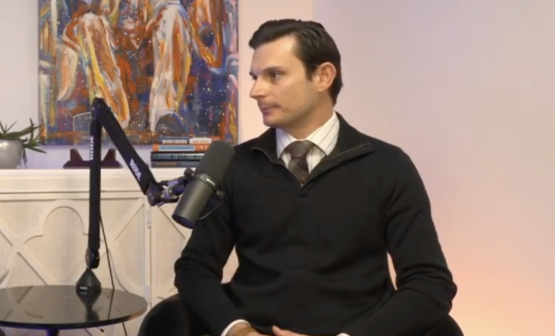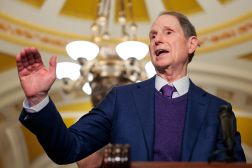Federal judge partially blocks DOGE’s access to Treasury financial systems

A federal judge Thursday limited access to a Treasury Department payments system that various Department of Government Efficiency surrogates had burrowed into at the behest of Elon Musk.
Judge Colleen Kollar-Kotelly of the U.S. District Court for the District of Columbia, in response to a lawsuit from a coalition of labor unions against the Treasury Department and Secretary Scott Bessent, wrote in her ruling that the defendants cannot “provide access to any payment record or payment system of records maintained by or within the Bureau of the Fiscal Service.”
Tom Krause and Marko Elez, two DOGE-connected “special government employees” of the Treasury Department, were granted “read-only” access to Bureau of Fiscal Service systems “as needed for the performance” of their respective duties, the judge ruled. (The Wall Street Journal reported Thursday afternoon that Elez had resigned after the paper unearthed apparent links he had to a deleted social media account that made racist posts.)
Additional access carveouts were granted to any Treasury employee — not including special government employees — that have “a need for the record or system of records in the performance of their duties,” as well as any person entitled to access the records under a federal records statute and the Internal Revenue Code.
The lawsuit, filed by the Alliance for Retired Americans, the American Federation of Government Employees and the Service Employees International Union, alleged that Bessent allowed Musk and his DOGE surrogates to access the personal information of millions of individuals who have transacted with the federal government. According to the suit, that personal information includes names, Social Security numbers, birth dates, birth places, home addresses and telephone numbers, email addresses, and bank account information.
The union groups alleged that the newly confirmed Bessent provided DOGE workers with “full access” to the Bureau of Fiscal Service’s “data and the computer systems that house them,” after he put a Treasury employee who had previously blocked DOGE efforts on leave.
The plaintiffs, represented by the Public Citizen Litigation Group and the State Democracy Defenders Fund, asked the court to put “an immediate stop” to the “systematic, continuous, and ongoing violation of federal laws that protect the privacy of personal information contained in federal records,” citing the Privacy Act of 1974 and the Internal Revenue Code’s protections for taxpayer information.
Whether DOGE workers had read-only access to Treasury’s systems or were able to modify files and code had been in dispute. Politico reported Monday that Bessent had told Republican lawmakers that he had signed off on read-only system access to a team led by a Treasury liaison to DOGE. However, Wired later reported that Elez, a 25-year-old engineer with ties to Musk, “has direct access to Treasury Department systems responsible for nearly all payments made by the U.S. government.”
The order from Judge Kollar-Kotelly will remain active until the court rules on a forthcoming preliminary injunction motion from the plaintiffs.
On Tuesday, hundreds of protesters gathered outside Treasury following reports about DOGE’s access to its sensitive systems. Just steps from the White House, the crowd held anti-Musk signs critical of DOGE. One sign read “America: We’ve been hacked,” while another said “Impeach President Musk.”
A coalition of Democratic lawmakers addressed those demonstrators, including Rep. Maxwell Frost, D-Fla., Sen. Chuck Schumer, D-N.Y., Sen. Ed Markey, D-Mass., and Rep. Jamie Raskin, D-Md.
“No one elected Elon Musk to nothing,” Sen. Elizabeth Warren, D-Mass., said in her remarks.
Sen. Ron Wyden, D-Ore., ranking member of the Senate Finance Committee, said they had one message: “Tell Elon Musk to take his hands off your money.”
On Wednesday, Wyden and several other Democratic lawmakers asked the administration for details on DOGE, including information about its staff, systems it’s accessing, and what steps the administration is taking to safeguard information.
FedScoop reporter Madison Alder contributed to this article.






